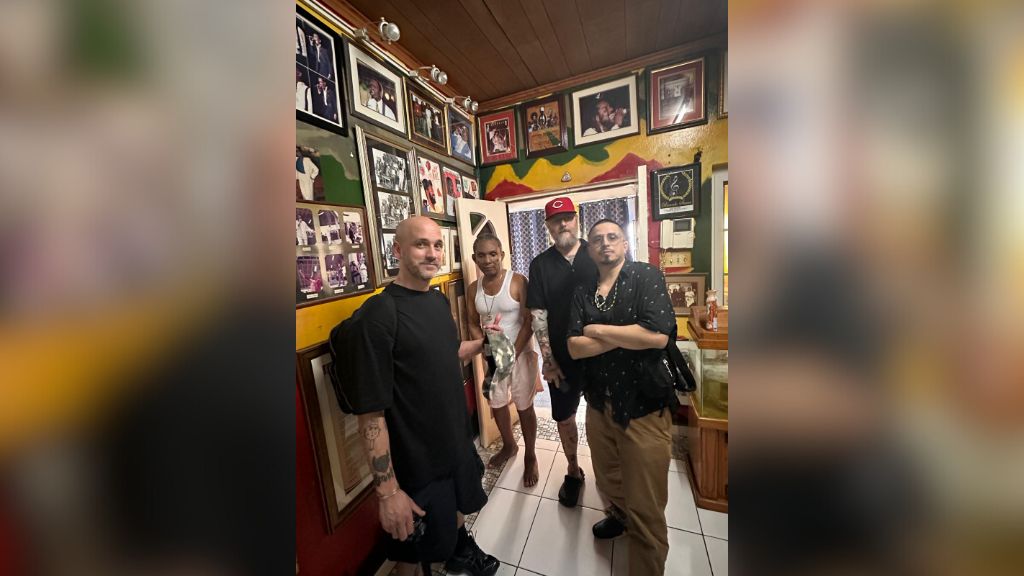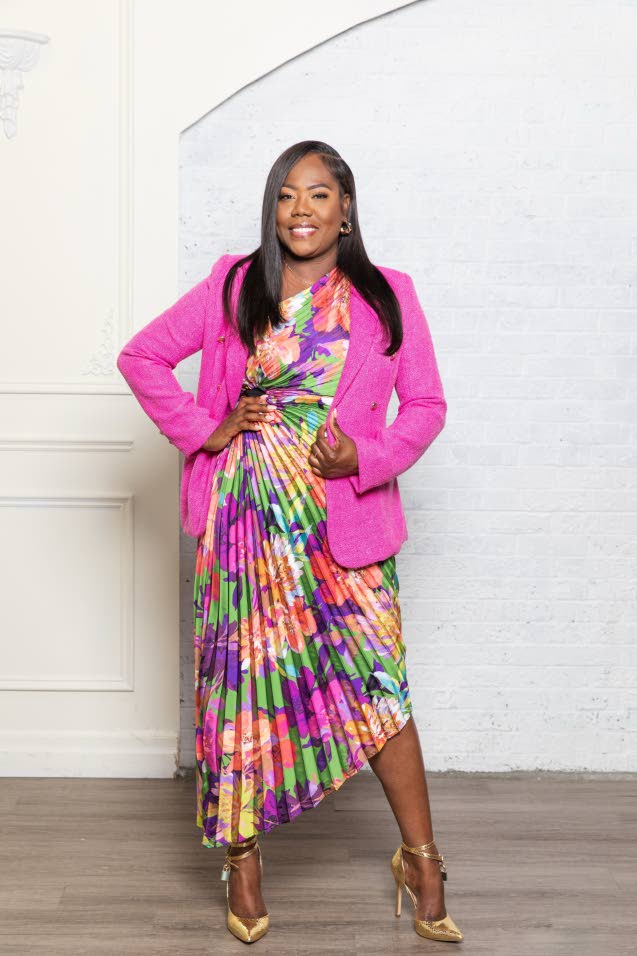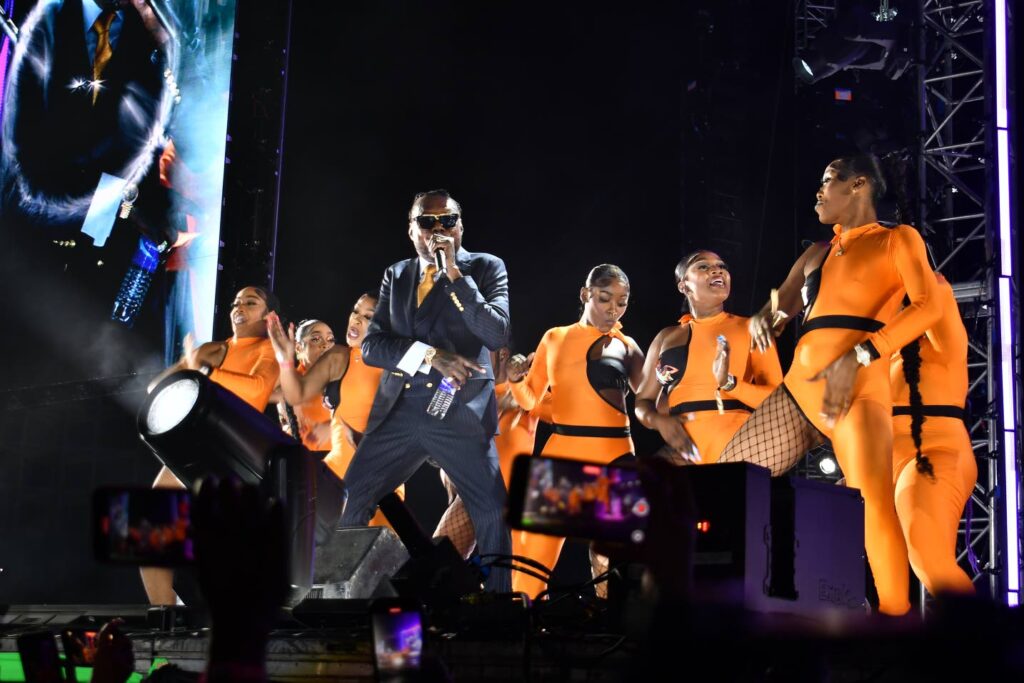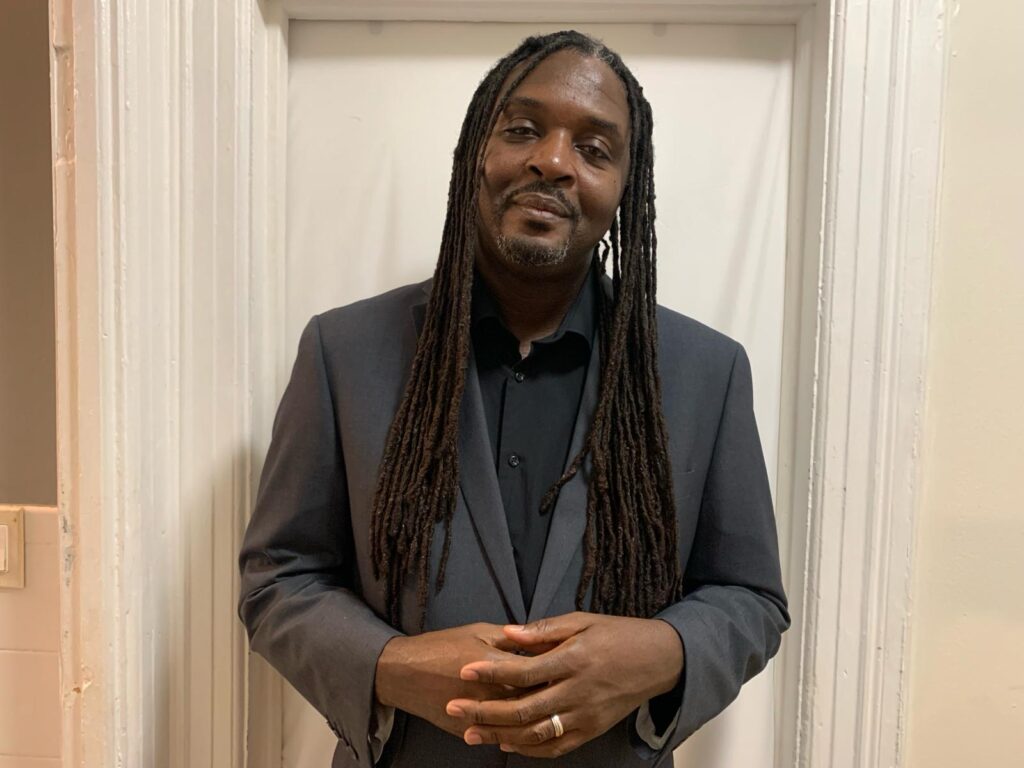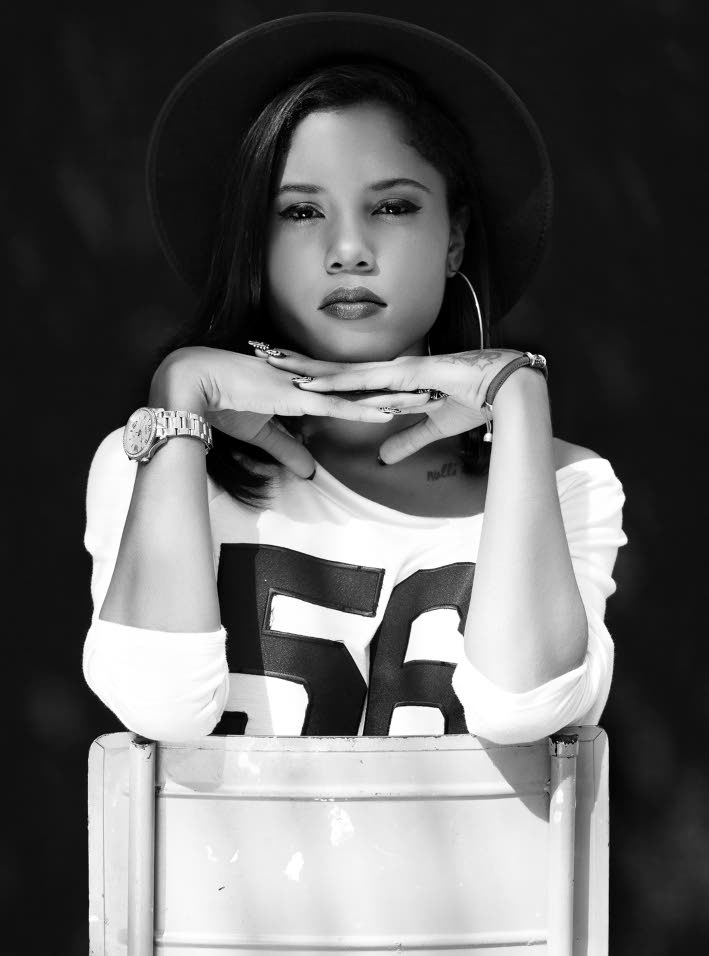DENYQUE....
As the global music industry comes to terms with a multimillion-dollar record deal offered to singer Xania Monet, an artiste generated through artificial intelligence (AI), voices on the local circuit have come down on both sides of the coin.
“Shout out to the poet, lyrics are incredible! That person is super dope and talented. However, writers and songwriters pen for artistes everyday. There’s no shortage of vocal talent in the world, so please spare me,” said singer Denyque, clearly annoyed at the new phenomenon. “I think it [the record deal] means human talent is truly not respected enough. I feel a lot of things and none of them are positive, which is new for me because I’m always seeing the silver lining.
“When I think about how much blood, sweat, tears, long nights, long days, literal sickness, and the list goes on, that I’ve put into my career and have never been, I guess, aligned enough to be on the receiving end of a label contract, much less a multimillion-dollar one, it’s baffling,” she continued. “I do not respect it at all. This might come off as a projection, but I really don’t care.”
Denyque, who first came to prominence as a contestant on local talent show Digicel Rising Stars, says while AI artistes may be able to cop deals, she’s still confident they will not readily compete with human talent.
“True artistes show up as themselves and stand firmly in that. If you love ‘em, you love ‘em, and if you don’t, you don’t. I think that’s one of the beauties of being real and true to yourself and your art,” she shared, outlining that all will be well until the computer artiste has to make a live appearance.
For his part, Raymond “Shadow” Small, director of communications at Prism Marketing Consultants, says AI artistes now popping up on the musical circuit is a testament to the power of technology and says it should be the awakening artistes need to stay on their A-game.
“It’s a groundbreaking moment, but also a bittersweet one. On the one hand, it shows how powerful technology has become in shaping the music industry. On the other hand, it raises real concerns for human artistes who dedicate their lives to perfecting their craft. A machine-generated persona being rewarded at that level highlights how the business is shifting more toward commercial potential than lived experience and artistry,” he said. “It’s a wake-up call. AI may be able to mimic melodies and create personas, but it cannot replicate the spirit of performance or the cultural nuances that come from lived human experience. Human artistes will have to emphasise what makes them unique, their stage presence, their ability to connect live, their charisma, and their cultural grounding.”
Small added that, although the tracks being sung by the AI, it is the work of a human being, it still does not negate the fact that music is to be felt through delivery, something he contends a computer programme will never be able to do.
“If the lyrics are written by a human, then there is authenticity in the storytelling, but delivery, emotion, and presence are also essential to music. A song isn’t only about words; it’s about how those words are lived, felt, and performed,” he said. “While I respect the creativity behind Xania Monet’s lyrics, nothing can replace the resonance of a human voice shaped by struggle, triumph, and real emotion.”
Still, he believes the time will come when humans will have to compete with AI artistes on the entertainment circuit.
“The competition has already started. But instead of seeing AI solely as a rival, human artistes should look at how they can integrate technology into their creative process. AI is moving at a rapid pace, but a balance can be struck by redefining what we value in music. Yes, AI can process lyrics and generate melodies in seconds, but… it doesn’t have cultural depth. The middle ground is using AI as a tool, not a replacement,” he said. “The industry must ensure a balance so that human talent, especially young, emerging artistes, are not pushed aside for digital experiments. If the trend grows, we could see a split in the industry, with AI-driven music filling one lane, and human-driven artistry holding another.”
Some social media users locally have waded into the conversation.
“Normal is gone now. Imagine talented real can’t get featured or get deals, but an AI voice is what is being focused on,” one user commented on Instagram.
“The album is skip-free, some beautiful songs, whoever is writing the songs is doing a great work,” another shared.
According to an article from Yahoo News, bidding for AI artiste Xania Monet was reportedly in excess of US$3 million. The deal was reportedly eventually closed by Hallwood Media, led by former Interscope executive Neil Jacobson.
The article said Xania Monet is the creation of Mississippi poet and designer Talisha Jones, who used the generative platform Suno to transform her own poetry into songs. Jones also used the technology to develop the artiste’s image and likeness, drawing the eyes of record labels.
Xania Monet (Photo: Talisha Jones)




